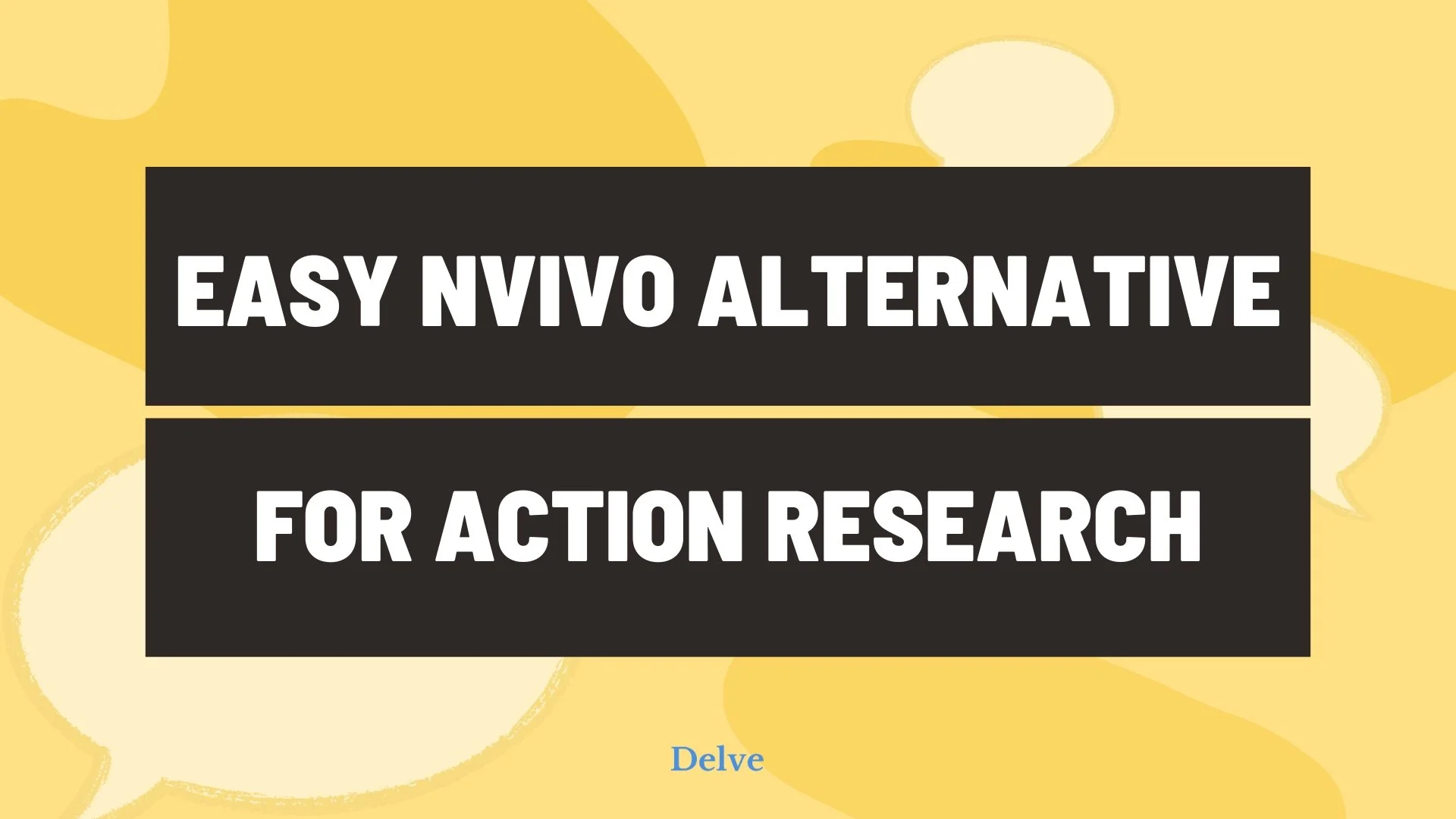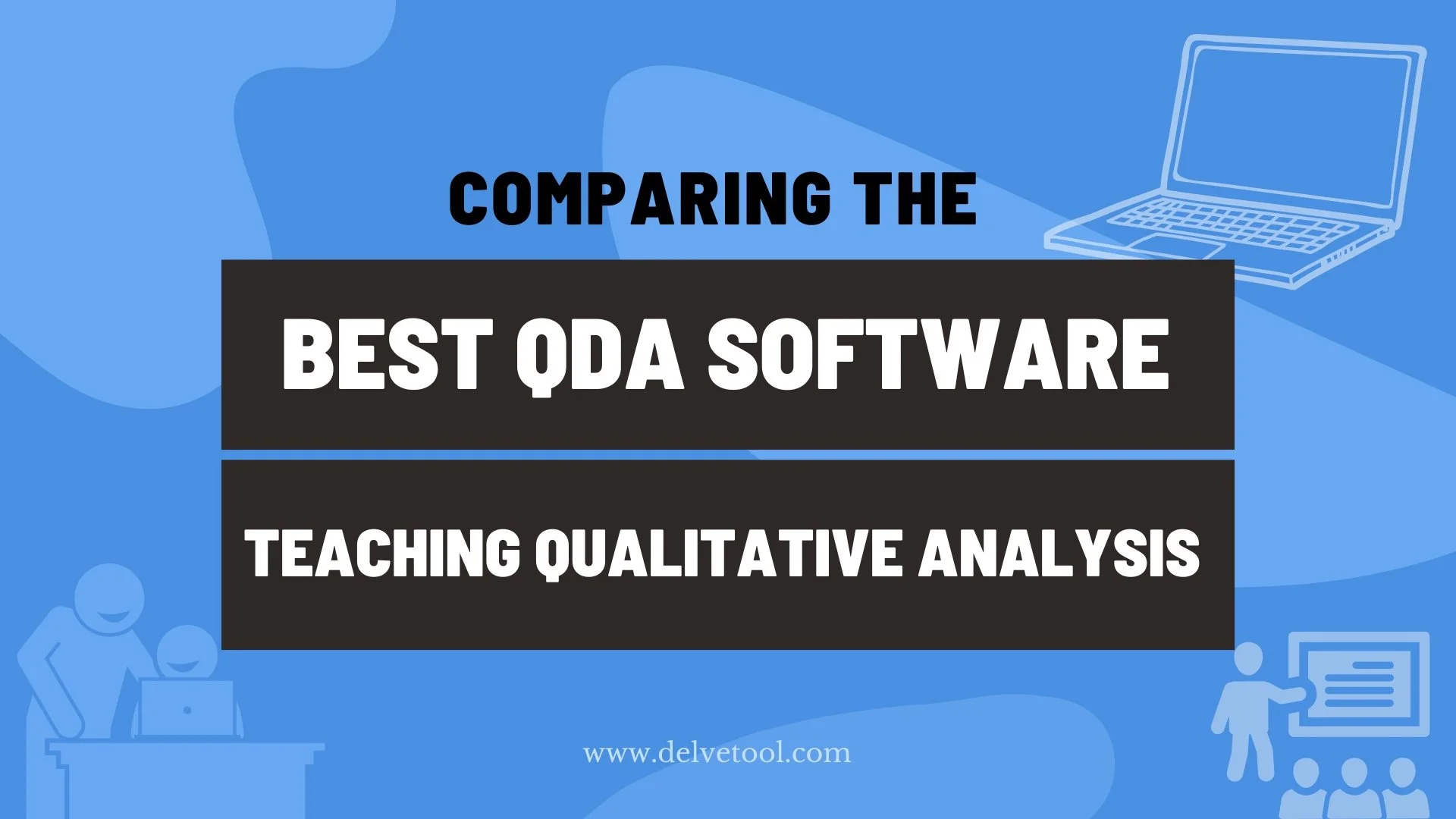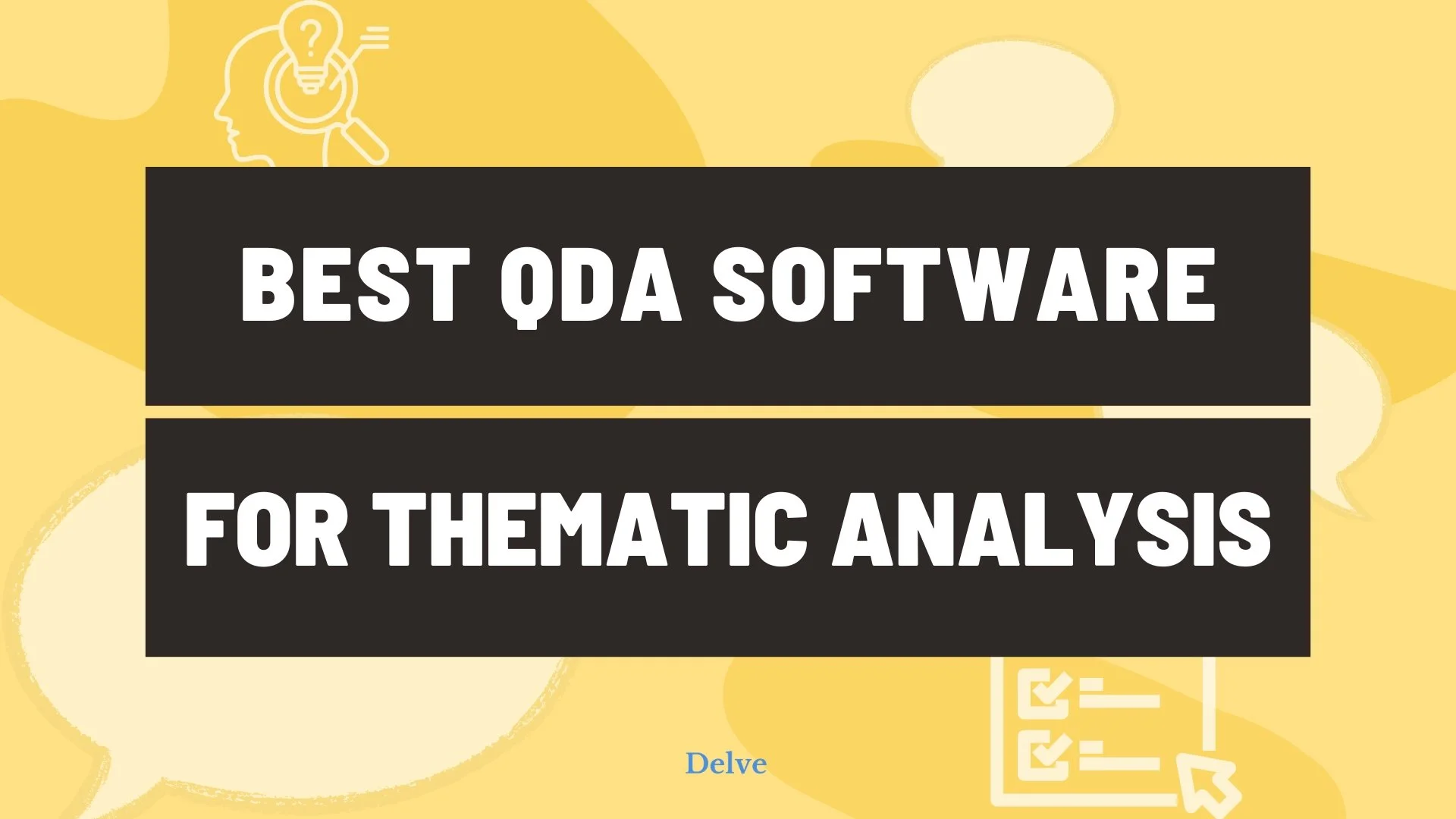Webinar Recording and Slides
Intro to Grounded Theory with Delve
Watch this free online tutorial on grounded theory! Learn how to discover new theories based on the collection and analysis of real-world qualitative data. LaiYee Ho, the co-founder of Delve, will walk through the process of grounded theory analysis with a practical focus on using the qualitative data analysis tool, Delve.
Watch a Previous Recording

Resources
Learn More About Qualitative Research from Delve
Read the Practical Guide to Grounded Theory
Start the Free trial of Delve, qualitative coding software.
Original Grounded Theory Books
Discovery of Grounded Theory by Glaser and Strauss
Basics of Qualitative Research by Strauss and Corbin
Constructing Grounded Theory by Kathy Charmaz
Leave Feedback
Let us know what you think of the webinar! This is a 2 minute survey to gather feedback on the webinar.
Questions? Contact us
If you have more questions about the Grounded Theory Webinar or Delve, click here to ask!
This article looks at the limitations with the “dump and done” approach, then highlights a few ways ChatGPT and Delve’s AI-assistant still save you time for thematic analysis.
Action research turns you into a researcher of your own classroom practices. The challenge is finding the right NVivo alternative to simplify your work.
Compare the most popular qualitative coding software available today, covering learning curves, AI-assisted coding, collaborative features, and more.
We tested seven qualitative data analysis platforms already being used in classrooms to see how they handle the practical realities of teaching methodology courses.
We compare NVivo, ATLAS.ti, MAXQDA, Quirkos, Taguette, Dedoose, and Delve to find tools that streamline thematic analysis.
See how Dr. Garcia Ramos simplified her workflow and published NSF-funded research using Delve.
In vivo codes utilize the language and terminology used by the participants rather than alternative methods where codes are researcher-derived.
In vivo codes use the direct language and terminology used by the participants rather than alternative methods where codes are researcher-derived.
This article walks through modern methods for qualitative survey analysis.









Thematic analysis involves reading through a data set and identifying patterns in meaning across the data.